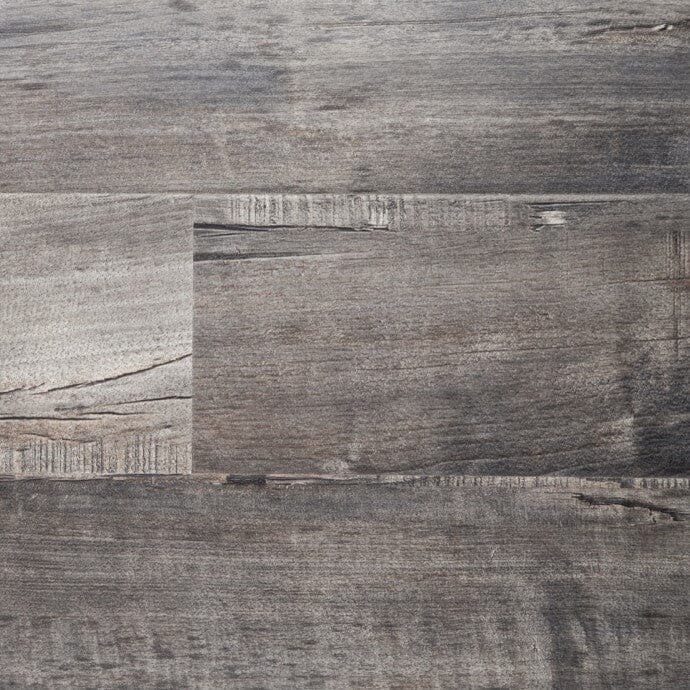When it comes to choosing the right flooring for your home, two popular options are vinyl flooring and laminate flooring. While they may look similar at first glance, there are several key differences to consider when making your flooring decision.
Vinyl Flooring
Vinyl flooring is a synthetic material made from PVC, which gives it its water-resistant properties. It is typically available in either sheets or tiles and is known for being durable, low-maintenance, and affordable.
One of the main benefits of vinyl flooring is its water resistance. It is a great option for areas in your home that are prone to moisture, such as bathrooms or kitchens. Vinyl flooring is also easy to clean and requires minimal maintenance.
Vinyl flooring is available in a wide range of colors and patterns, allowing you to achieve the look of wood, stone, or tile without the cost and maintenance of those materials.
Laminate Flooring
Laminate flooring is made of several layers, including a core of high-density fiberboard and a photographic layer that mimics the look of real wood, stone, or tile. It is typically less expensive than hardwood flooring and can be a good option for those on a budget.
One of the main benefits of laminate flooring is its durability. It is resistant to scratches, dents, and stains, making it a good option for high-traffic areas in your home. Additionally, laminate flooring is easy to install and can be installed over existing floors.
Laminate flooring is available in a variety of styles, colors, and textures, allowing you to find a laminate flooring option that meets your design preferences.
Differences Between Vinyl and Laminate Flooring
The main differences between vinyl and laminate flooring can be summarized as follows:
- Material: Vinyl flooring is made of PVC, while laminate flooring is made of several layers, including a high-density fiberboard core and a photographic layer.
- Appearance: Vinyl flooring can look artificial or "plastic," while laminate flooring can mimic the look of real wood, stone, or tile.
- Water resistance: Vinyl flooring is water-resistant, making it a good option for moisture-prone areas, while laminate flooring is not recommended for areas with excess moisture.
- Durability: Both vinyl and laminate flooring are durable, but laminate flooring is resistant to scratches, dents, and stains, while vinyl flooring can be more prone to damage from heavy objects.
- Installation: Vinyl flooring can be glued down or installed as a floating floor, while laminate flooring is installed as a floating floor.
- Maintenance: Vinyl flooring is low-maintenance and easy to clean, while laminate flooring is also easy to maintain but cannot be refinished.
Conclusion
Both vinyl and laminate flooring have their benefits and drawbacks. Vinyl flooring is a water-resistant, affordable, and easy-to-maintain option that is available in a wide range of styles and colors. Laminate flooring is a durable, affordable, and easy-to-install option that can mimic the look of real wood, stone, or tile. Ultimately, the choice between vinyl and laminate flooring will depend on your personal preferences, the needs of your home, and your budget.


Leave a comment